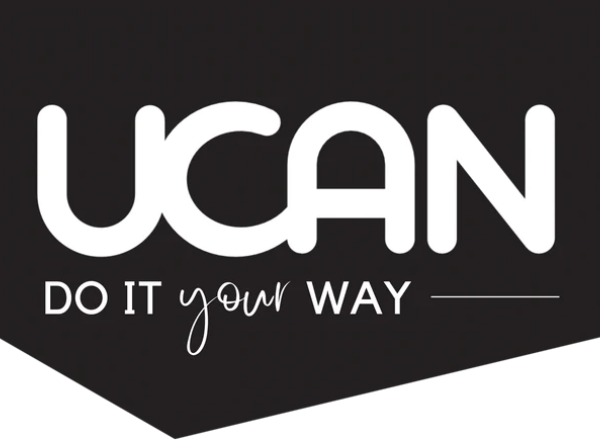The 10 Best Mobile Apps for Productivity (and why you should use them)

Technology is supposed to help us be more productive. It is supposed to simplify tasks, automate reminders, to do lists, diary entries and invitations. Productivity can be bought, and when we all have mobile phones which are in effect mini computers, every second counts.
From keeping up with social media to working on the latest report, those few snatched minutes on the bus, or the reminder to share a file with your colleague, can make all the difference to a day which may not go to plan once you arrive in the office.
Productivity suite
Let’s start with the big one. Google’s suite of programs comes as standard with all Google accounts and Android phones. There is a full complement of workplace productivity apps here, which work across Windows, Mac, Apple and Android machines and phones. You can write articles, letters and reports, work on spreadsheets, compose presentations, check email, publish blogs, video or text chat and more.
These days, documents produced in Google can be downloaded as Microsoft compatible items ready for the office. And of course, there’s Google Drive, which allows you to save 15GB of data for free on any gmail account, plus you can track editing changes, share documents with others and work across devices.
To do list
If it’s a simple task list you’re after to help your productivity, then ToDoist is your best bet. Technology can help you capture all those thoughts that flitter across your brain in a simple format and the app will categorise them according to the times, dates and hashtags you use to describe them. It’s the electronic version of scribbling something on a bit of paper.
The app also has a team function to help with project management and planning. This handles deadlines, actions and group scheduling such as meetings.
Project management
Talking of project management, Trello is arguably the market leader in specialist apps, although I've been using Asana and that is great too.
Using Kanban philosophy (the just in time principle) and lots of visuals makes this intuitive for many. Visuals are usually processed by humans faster than text, plus being able to break the projects down into smaller stages helps everything feel more achievable.
An alternative to this productivity app is Evernote, which is designed for notes, tasks, organisation and archiving. It supports many different types of file and can also be searched, annotated and exported, among other features.
Diary management
Busy managers will either love or hate Calendar app. It allows others to book your time by accessing your calendar. It’s useful for those who don’t have an admin assistant to handle those requests for them, and it means that you can get on with your work without being constantly interrupted with requests for meeting bookings.
Screen recording software
CloudApp taps into many people’s ability to process images faster than text. The app uses a heady mix of screenshots, video recording, gifs and annotation technology to allow everyone to work together, quickly and in real time.
Communication
Slack is one of many leisure chat and text communication apps that also fits the workplace. It allows the creation of channels for each office, group or project. Team members will only see notifications about those areas they’re stll involved with. Users can also share visuals and documents plus integrate with other apps including Google Drive.
Social media
The business social media productivity leader is undoubtedly Hootsuite. Workplaces love this app because users can update and reply to posts across many popular social media platforms in one screen. For companies, celebrities, actors, musicians, freelancers and all round busy people, this paid app is worth its weight in gold.
A 30 day free trial is designed to hook the user into signing up for the paid version. Crucially, the app also has a scheduling feature, which is perfect for those users who need to be away from their screens, busy promoting something, but still need to be seen as active on social media.
Time tracker
Toggl allows users to track how long they spend on a particular task. Anyone subject to a time and motion study will find this productivity app useful, as will freelancers calculating time to book to a client. If you’ve ever wondered whether you’re paid properly for your time, now is the time to find out. Toggl can also be configured to use the Pomodoro technique, which is very dear to many busy people, including myself.
This is not the only app in the Pomodoro game, and indeed anyone can set an alarm for 25 minutes after they start a task. Toggl tracks your time for you, though, and automatically alerts you when you need to take a break.
Research tool
Pocket allows users to save articles to read later. This is useful for anyone researching a topic, those who enjoy checking news sites and anyone who clicks on social media links regularly. With this library, you’ll never be bored.
There are also workplace-centric apps to allow users to sign contracts electronically or connect all their productivity apps together. All of these apps have free basic features and paid upgrades via one off or subscription payment. Being seen to be productive has never been so easy. Pick an app for your need, sign up and away you go.
